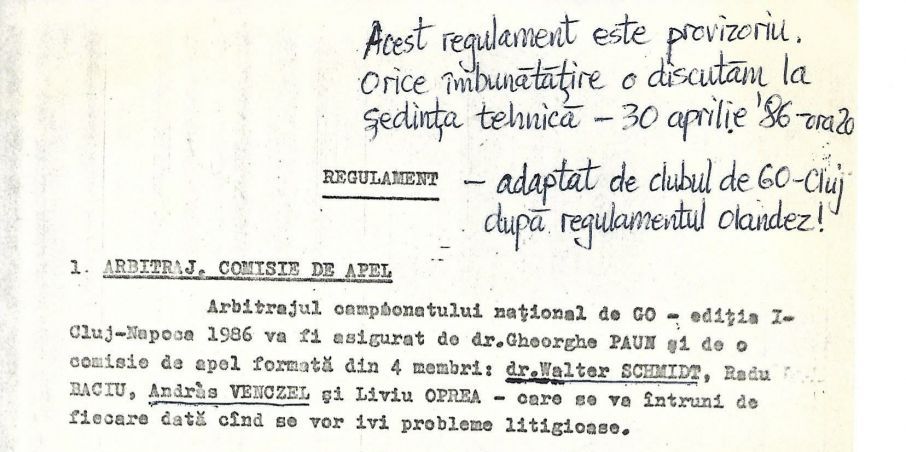
Europe Day - 9th of May
Connected Europe
The creation of the European Union has had a significant impact on connecting European countries and peoples.- Promoting peace: One of the primary reasons for creating the European Union was to promote peace in Europe. By establishing a political and economic union among European countries, the likelihood of conflicts between member states is reduced.
- Free movement of people and goods: The European Union has eliminated barriers to the movement of people and goods between member states, making it easier for Europeans to travel, work, study, and do business across borders. This has helped to foster greater cultural exchange and understanding among Europeans.
- Common policies and standards: The EU has created common policies and standards in areas such as trade, agriculture, environmental protection, and consumer rights. This has helped to create a level playing field for businesses across Europe, while also promoting a shared sense of identity and purpose among Europeans.
- The Euro: The adoption of the Euro as a common currency by many European countries has facilitated trade and investment among member states, while also contributing to greater economic stability and growth.
- Shared values: The EU is based on a set of shared values , including democracy, human rights, and the rule of law. By promoting these values across Europe, the EU has helped to strengthen democratic institutions and civil society in member states.
- Joint decision-making: The EU is governed by a system of joint decision-making, in which member states work together to address common challenges and opportunities. This has encouraged greater cooperation and collaboration among Europeans, while also giving smaller member states a greater voice in international affairs.
Europe Day
Europe Day is celebrated on May 9th every year to mark the anniversary of the historic Schuman Declaration . This declaration, which was made by French foreign minister Robert Schuman in 1950, proposed the creation of a European Coal and Steel Community, which would pool the resources of European countries and help to promote peace and prosperity on the continent.The Schuman Declaration is seen as a pivotal moment in European history, as it helped to lay the foundation for what would eventually become the European Union. By proposing a common market for coal and steel, Schuman sought to bind European countries together in a shared economic and political project, thereby reducing the likelihood of future conflicts between member states.
Today, Europe Day is celebrated throughout the European Union as a symbol of European unity and cooperation. It is an opportunity for Europeans to reflect on the shared values and achievements of the EU, while also looking to the future and the challenges that lie ahead.
On Europe Day, many European cities hold cultural events, concerts, and exhibitions, while government officials and European leaders make speeches and issue statements highlighting the importance of European unity and solidarity. It is a day to celebrate the rich cultural heritage of Europe, as well as the common values and aspirations that bind Europeans together.
The NL-RO GO connexion
